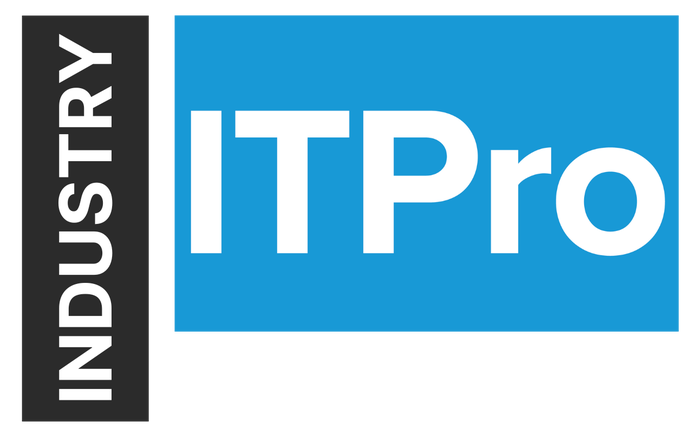
Insight and analysis on the information technology space from industry thought leaders.
Navigating the Pitfalls of IT Training Programs
The bulk of today's boot camps fail to provide the breadth of tech knowledge needed to excel in elite IT positions.
November 16, 2023

IT professionals looking to extend their expertise and enhance their credibility will find a host of training programs and boot camps that promise to help them. Most of them, however, will fail to deliver.
If you are one of those IT professionals, you need to know the weaknesses inherent in the bulk of boot camps. There are programs that can help you. The key to finding them is understanding what it takes to truly excel in the IT space today.
Why Training Programs Fail
Many of the programs offered today fail to deliver because they focus solely on vendor certifications. These programs give you an understanding of a vendor's product and its capabilities, such as an AWS certification, but they have almost nothing to do with the actual responsibilities and challenges an IT pro will face on the job.
An AWS or other vendor-focused certification creates a bias toward that vendor's product, which may or may not be the right solution for a client. They make it appear as if the IT world is a single-vendor environment. When it comes to creating actual technology solutions, this is not the case.
There is virtually never an environment where the proper solution can be created with technology from only one vendor. In most cases, the right solution involves components from 50 to 100 technology vendors. IT pros whose expertise is limited to proprietary systems will not be able to support the interoperability needed in a multi-vendor environment.
To excel in a high-paying, elite technology role, you need to advise clients on how technology can improve their business and which technology can do the job optimally. You won't be equipped for that role if you operate with a bias that was imparted by vendor-focused certifications.
The Problem with Vendor-Focused Architecture Training
Vendor-focused boot camps and certifications also fail those in elite architecture positions. In those cases, the problem is boot camp training on how to configure the vendor's technology products and services, which does not serve the architect because the architect doesn't touch the technology.
Architects don't configure systems — they design technology solutions to optimize their clients' businesses. The architect is a strategic and trusted technology advisor and not a technology builder.
Additionally, architects need to leverage a wide range of business skills that go beyond tech knowledge. They need to consult with clients, learn the client's business needs, and design a solution to support the business initiatives. The architect will be delivering presentations and executive briefings, and lecturing at conferences. The architect will also be writing thought leadership documents for their organizations.
None of that is taught in most boot camps or included in certification training.
The Value of Experienced Trainers
Inexperienced trainers are another weakness of most boot camps and certification programs, as securing an elite technology professional with deep experience to provide training is costly. When that person knows how to educate people in a way that propels them to new heights in their careers, the cost is even higher.
Most educational programs do not have the resources to hire that type of technology professional. The fact is most programs hire trainers, not technology pros, and expect them to present material they have zero experience with. Essentially, they allow someone who has never done the job to train others in how to do the job.
The best training is delivered by those who not only have experience with the job, but also have shown they know how to excel at the job. The more experience they have, the more expertise they can share. If they have achieved success, they can show their trainees how to chart the same course.
Providing the Skills to Get the Job
Even when boot camps and certifications provide the skills to do the job, they fall short of providing the skills to get the job. To truly empower those seeking to enhance their careers, training programs must teach them how to leverage their new tech knowledge in a way that gets and wins an interview.
The most effective programs will show participants how to build a modern resume that will attract the attention of a hiring manager. They will explain how to interpret a job description to understand what qualities the hiring organization is actually seeking. And they will show them how to leverage LinkedIn and other online forums to build an attractive personal brand.
Finally, effective programs teach interview skills. Those who understand a hiring manager's needs will be able to establish themselves as a stand-out candidate. They will also be able to negotiate the best possible salary and benefits.
Thriving in today's technology landscape requires much more than tech expertise. It requires a deep understanding of how technology can be leveraged to achieve the unique business needs of organizations. When training programs fail to provide a wide understanding of technology and its applications, they fail the students who trust in them.
Michael Gibbs is the CEO of Go Cloud Careers, a global organization that provides training for elite cloud computing careers. He leverages his 25 years of experience in technology to help Go Cloud Careers students achieve their dream technology careers.
About the Author(s)
You May Also Like


